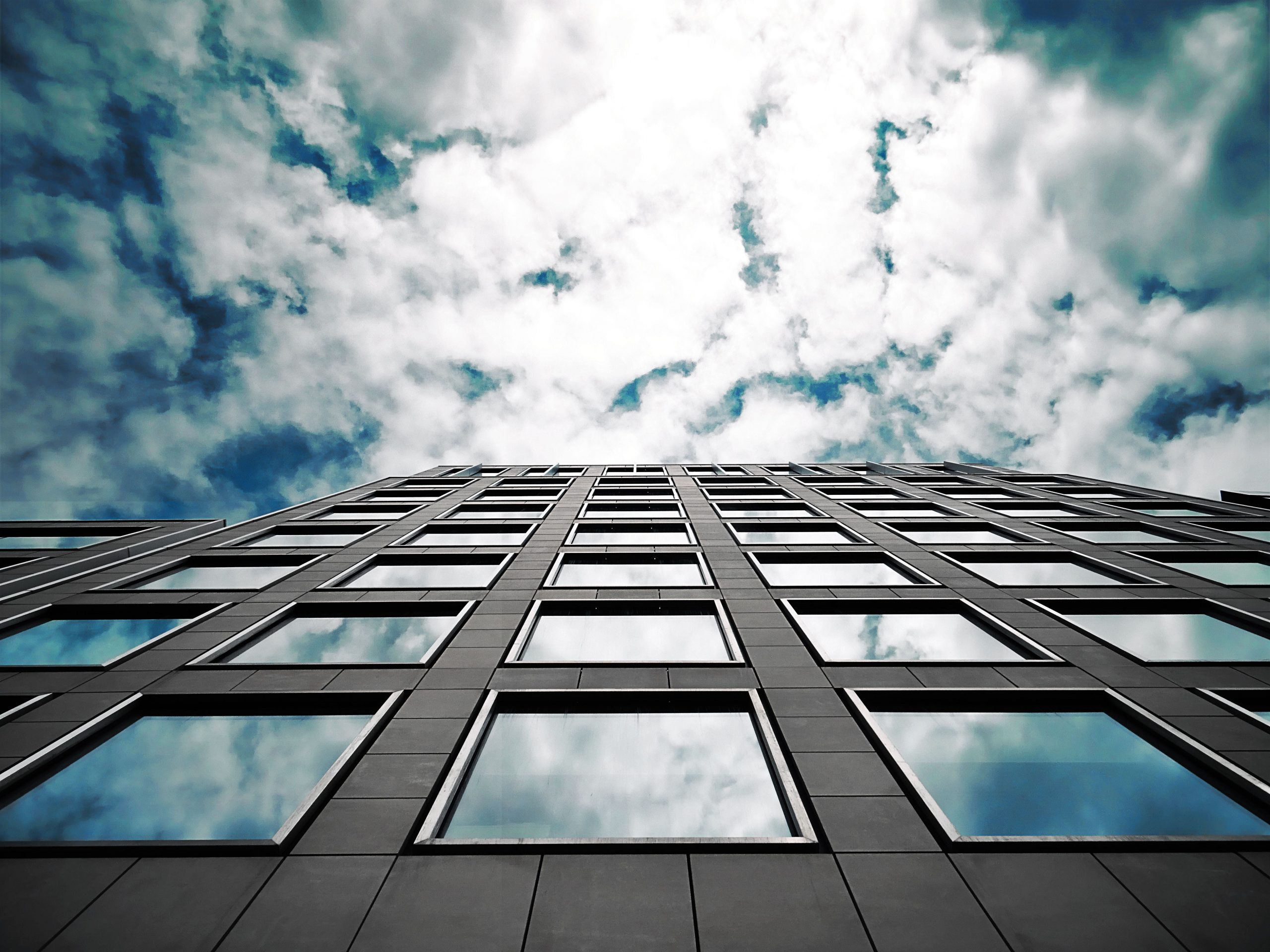Michigan’s Warde Manuel: ‘Impossible’ to play sports without students on campus
May 21, 2020
The Detroit News Recaps Edyoucore’s Get Lit Live Chat with Michigan’s Director of Athletics
By Angelique S. Chengelis, The Detroit News
Michigan athletic director Warde Manuel made clear, in blunt terms, that he would find it “impossible” to ask his student-athletes to play games if students are not back on campus this fall.
College athletics were shut down in mid-March amid the COVID-19 pandemic, and there have been widespread shutdowns nationally of most businesses.
Manuel, speaking Thursday on Edyoucore’s “Get Lit” live chat with hosts Drew Hawkins and Bart Scott, said it would be “unfathomable” to have Michigan athletes playing sports if their fellow students are not also on campus taking classes.
“We need our campuses to be open first and foremost before we can bring our student-athletes to campus in order to just play a game,” Manuel said. “I’ve said all along, these are not professionals. I don’t treat them way. They may drive ticket sales and people interested coming and sitting in our stadium. We have the largest stadium in the country, proud of that.
“If it’s about the safety of our student-athletes versus filling that stadium, I’d rather it sit empty until we’re in the position to make sure our student-athletes, our coaches and our fans are safe, and their health is primary. We’ll figure it out just like everybody is doing on the financial side, but we can’t play games with peoples’ health and safety.”
SEC commissioner Greg Sankey, during an interview on 1010 XL in Jacksonville, explained that each conference made its own decisions when to stop their sports in March, and it’s not different going forward.
“If that’s the template, there is room for different conferences to make different decisions,” Sankey said. “If there’s a couple programs that aren’t able, does that stop everyone? I’m not sure it does, but the ability of us to stay connected will remain important.”
Iowa president Bruce Harreld told the Board of Regents on Thursday that Iowa, also in the Big Ten Conference along with Michigan and Michigan State, has imposed a moratorium on all athletics-related activities through June 1.
“We’re ever so hopeful that this virus will be behind us at that point, and we’ll be able to get back to what we normally would do,” Harreld said. “Right now, June 1 is the date we’re going to get back to practice.”
That includes Iowa football. Harreld cited medical experts who have told him athletes need six to eight weeks of “good practice” to stay safe.
“I’m sure our coaches would love a lot more time so that they can make them winners,” Harreld told the Regents. “But the key issue here is we can say we need six to eight weeks.”
Michigan president Mark Schlissel last week said Michigan is planning for a return to campus.
“We are hoping to have a fall semester,” Schlissel said. “What I am calling it is a public-health-informed fall semester.”
He indicated the semester “won’t be normal” and will take advice from the university’s public health officials, health leaders in Washtenaw County and Gov. Gretchen Whitmer’s team.
“We think it’s very important we figure out how to get life and our state and life in our country back on some kind of positive trajectory,” Schlissel said. “We may have similar classes and do the large class components online. We may ask our students to wear masks, we make decrease the density in our buildings. But we are very hopeful that we can apply our expertise and figure out how to bring our students back to campus at a low level of risk.”
Manuel, in his comments on “Get Lit,” said Michigan athletics is not independent from the university and will follow the lead of the university president and described it as “all hands on deck.”
“We all have the No. 1 priority is to be safe,” Manuel said. “We’re all listening to our public health officials, we’re all listening to our medical officials, our governor in our states, all the way up to the highest levels to the president’s office and listening to experts and weighting what they’re saying and the economics and the viability.”
He said the pandemic will change inter-personal interactions, including how fans buy tickets and concessions at the various sports venues on campus. There will be a wholesale move to touchless technology, he predicted.
“The one thing that’s going to happen, you’re going to see a significant move to online ticketing and the like,” Manuel said. “It will be a while after this that people will want to even touch each other. I think fist pumps will come back eventually, but I don’t know if I want to elbow pump people.
“How people pay at our concession stands with touchless things on your screen and how people get into our games, all of that will change. What we’re seeing is some of the adjustment that will have to go into the technology side of it. For those events or for those institutions that haven’t invested in that type of technology, I think our fans will really demand that level of touchless technology so they can get into games, eat food, buy different products and those types of things.”
Manuel turned philosophical at one point, sharing how the pandemic has and will affect people now and as they go forward.
“We’re trying to minimize as much as we can the impact on the employees and the students and do everything we can to cut back on expenditures that at this present time really don’t matter in the scheme of things,” he said. “The things that we thought mattered in life really don’t matter, are not as big right now. It’s those kinds of things, as we get through this not only as an institution but personally, it’s really helping us all to reflect on what is essential for us to live, love, be happy.
“What I know is we’re not alone. We won’t be alone. While decisions will be difficult at times, they’ll be decisions that are well thought out and the impact well thought out on the people, on this university, on our student-athletes, on our staff in making the best decisions for short term and long term on behalf of everything we do.”
***


